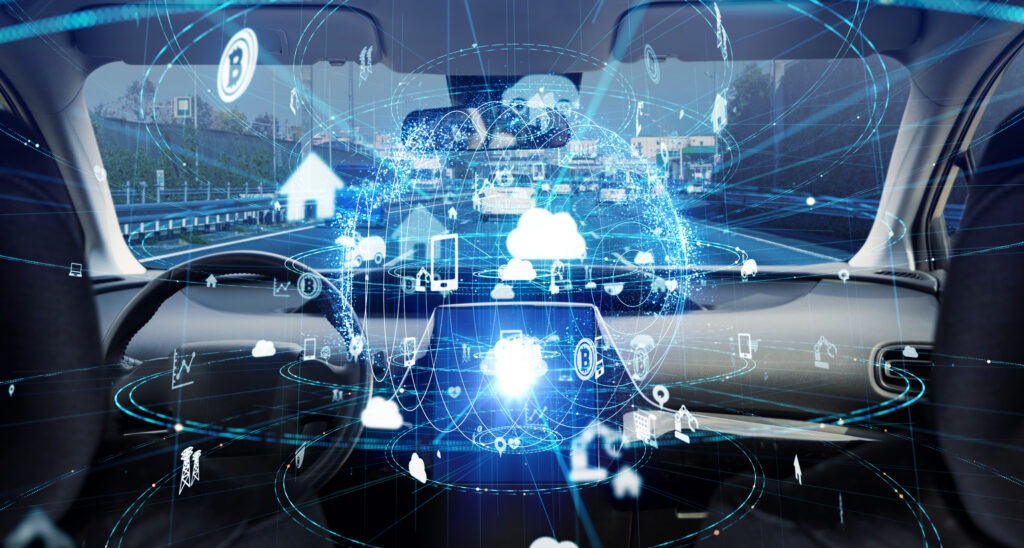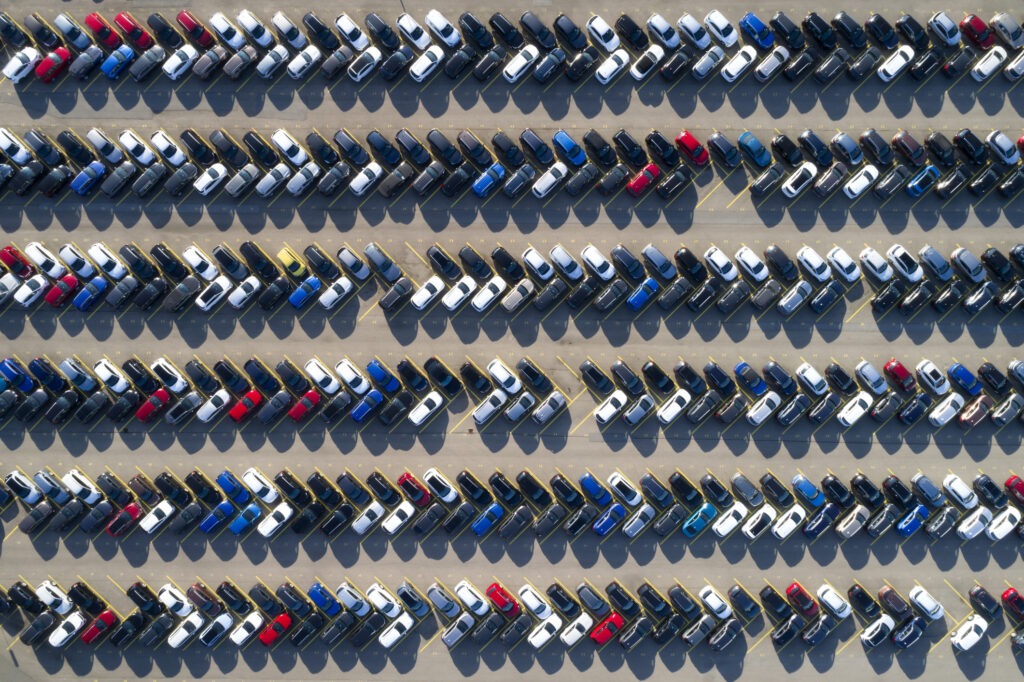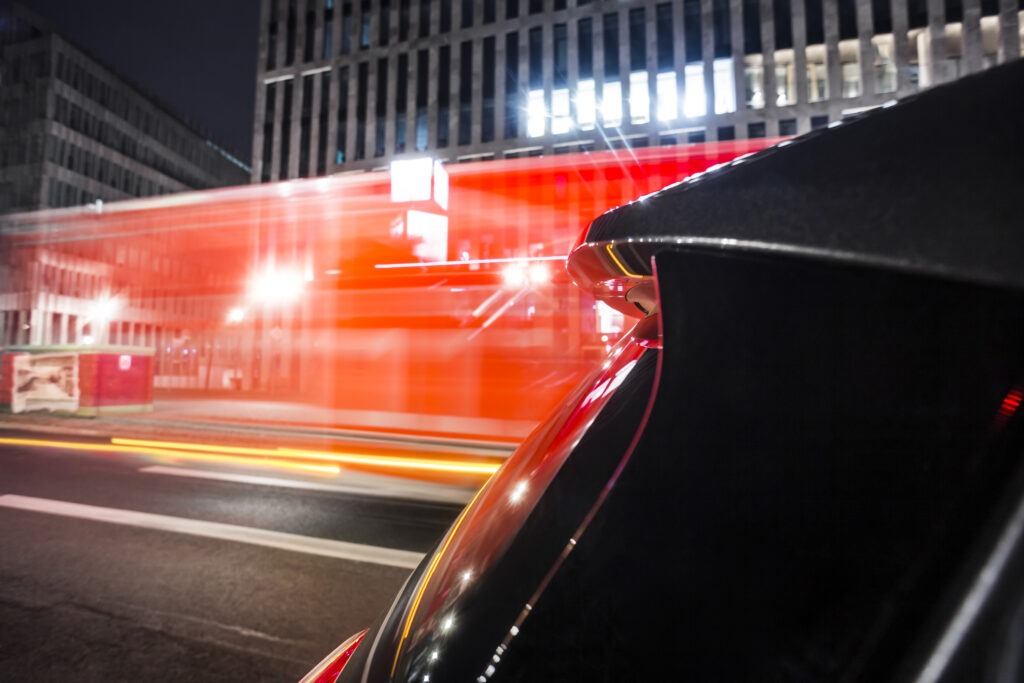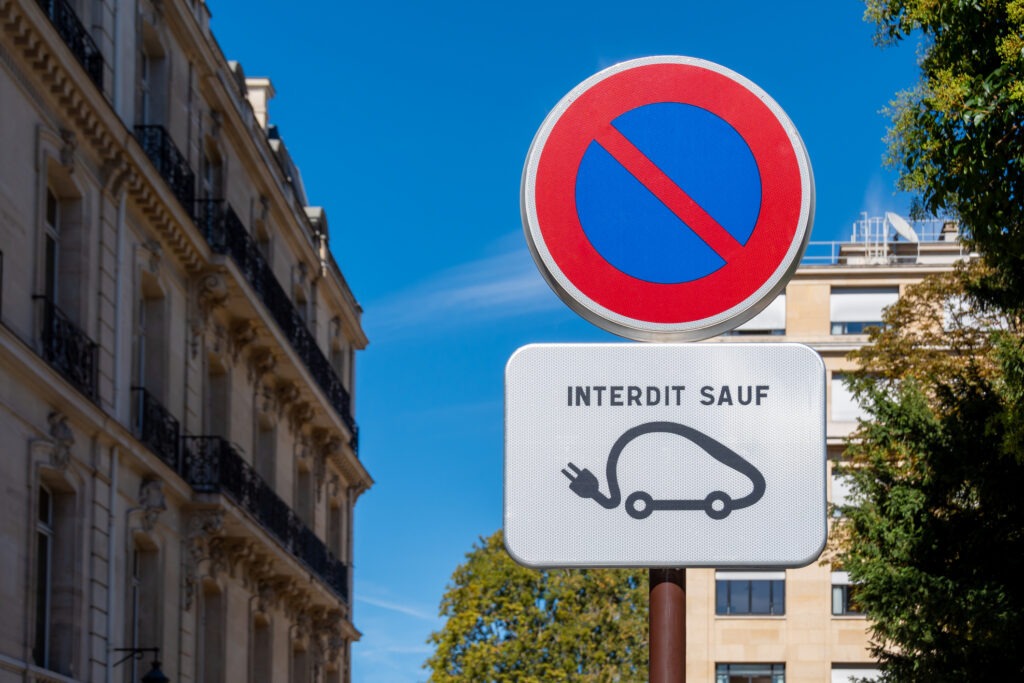CES 2024: Automotive software steals the limelight
18 January 2024

Automotive software stole the limelight from hardware at CES 2024. Autovista24 editor, Tom Geggus, delves into the digital developments defining the latest vehicle technology.
Engine size, design cues and physical measurements once dictated the success of concept cars unveiled at automotive shows. Now, CES acts as a platform for the latest digital features such as artificial intelligence, connectivity and personalisation, which define automotive progress.
Software is becoming a key aspect of the automotive development. Carmakers, suppliers and startups are tapping into both existing and emerging areas, keen to take advantage of the potential that vehicles offer.
Speaking at a CES roundtable event, Deloitte partner Elmar Pritsch, highlighted the importance of software within the automotive industry. He pointed out that while a Boeing 777 contains around 2.6 million lines of code, a vehicle holds 40 times that number.
Software-defined everything
Emphasising the increasing importance of software, CES 2024 saw several carmakers displaying new digital developments. Hyundai Motor Company confirmed its aim to redefine mobility using software and AI. This moves the bar from software-defined cars to software-defined everything.
The carmaker’s electronic architecture showcased how software can not only define but simplify the use of hardware. With the car’s cameras, radars and sensors gathering environmental data, autonomous driving becomes possible through an integrated controller via a high-performance vehicle computer.
App announcement
BMW Group’s presence at CES 2024 was defined by digital in-car experiences. The carmaker revealed that its ConnectedDrive Store now offers an expanded range of third-party apps as part of its Operating System 9.
The car’s infotainment system can now support more applications for video, audio, news and magazines. Games can also be accessed and played with physical gaming controllers via a Bluetooth connection.
Pushing personalisation and productivity
Alongside its AI-enhanced MBUX Virtual Assistant, Mercedes-Benz confirmed it is bringing greater productivity, personalisation and convenience to its vehicles via over-the-air updates.
The new Mercedes-Benz E-Class will gain access to a productivity app, giving customers access to Microsoft Teams meetings, alongside Zoom and WebEx calls. Meanwhile, support for Booking.com, JustEat Takeaway and Sony Pictures Entertainment’s RIDEVU was announced. Mercedes-Benz even confirmed an in-car app built to showcase NFTs, called MBUX collectables.
The carmaker also announced a new collaboration at CES 2024. Working with Audible and Amazon Music, Mercedes-Benz has set out to envelop its customers in sound with Dolby Atmos. This will be available as an option in vehicles with the latest MBUX infotainment system.
‘Immersive audio storytelling enables our customers to benefit fully from the advanced sound technology in our vehicles. For us, unparalleled in-car entertainment is a further dimension of the hyper-personalised user experience,’ commented Markus Schäfer, CTO and member of the board of management at Mercedes-Benz Group AG.
Software and suppliers
Increasing software investments from carmakers does not mean a smaller role for suppliers. Speaking at the Deloitte roundtable, Mariella Minutolo, executive vice president of sales at Bosch subsidiary ETAS, outlined the importance of decoupling hardware and software.
She explained that long-standing hardware partnerships have effectively become symbiotic, with companies knowing exactly what is required of them. However, many may feel there is a gap when it comes to joint software efforts. Developing hardware and software independently could enable more rapid advancements.
‘Decoupling software and hardware is one step to really enable collaboration across the industry, to make sure that everybody can choose what they want to use. The functionality on the one side, and the hardware on the other side,’ Minutolo said.
By separating hardware from software, there is greater room for horizontal working. Within Bosch, the development of vehicle motion management software saw collaboration between the supplier’s braking, powertrain and steering departments, as well as ETAS. Minutolo explained that the four groups achieved more together on the software than if they were working independently.
‘We are definitely at the beginning stages, even though some people would think we are well into software-defined vehicles,’ confirmed Andrew Poliak, CTO at Panasonic Automotive Systems of America.
‘Realistically, there is still a shift that needs to take place and we are still in the early days of OEMs and tier ones making that shift. Moving from hardware first and hardware-focused manufacturing, to software-driven innovation,’ he added.
Confirmed collaborations
CES 2024 was not short of collaborative announcements. Stellantis revealed a virtual cockpit platform, which is the product of its efforts with BlackBerry and AWS. The technology enables the creation of a virtual version of vehicle control systems, which operate exactly as they would in a real car.
This enables real-time experimentation without the need to change primary software systems. The carmaker claims that as a result, development time can be shrunk from months to a day in some cases.
‘Software is becoming increasingly crucial in vehicles, leading us to innovate in how we develop and validate it,’ said Yves Bonnefont, chief software officer at Stellantis. ‘With our virtual cockpit, we are revolutionising not just our approach, but also that of our suppliers and partners in the industry.’
‘Essentially, we are able to get closer to our customer’s needs through this technology with faster development cycles, faster feedback loops, and quicker delivery of the technology they use and love. It is a leap towards customer-first innovation and efficiency in the automotive world.’
Ready, upgrade, go
Harman, a Samsung company, discussed the benefits of its Ready Upgrade controller at CES 2024. The provider explained that its system could take an OEM to market in as little as six months with a product that is built for re-usability across vehicle lines.
The supplier also introduced Ignite Store Payment in Las Vegas. The system can integrate OEM wallets and support multiple payment service providers. It also allows carmakers to monetise their commercial relationship with the customer.
‘Consumers want to bring their digital lifestyles into the vehicle with seamless integration and the Harman Ignite Store does just that,’ explained Jens Beckmann, senior director of Harman Ignite Store.
‘It brings OEMs and Android developers together to make in-vehicle experiences easily accessible, reliable and safe, while providing OEMs and developers the opportunity to monetise these high-quality experiences throughout the lifetime of the vehicle.’
While hardware has been the mainstay of carmakers for decades, the age of software is at hand. Through continued development, collaboration and investment, automotive companies will benefit from offering more intelligent, entertaining and customisable vehicles.
This will increase user engagement, strengthen customer ties and build new commercial opportunities. Carmakers could soon move on from distinguishing themselves via hardware and instead become defined by their software.



